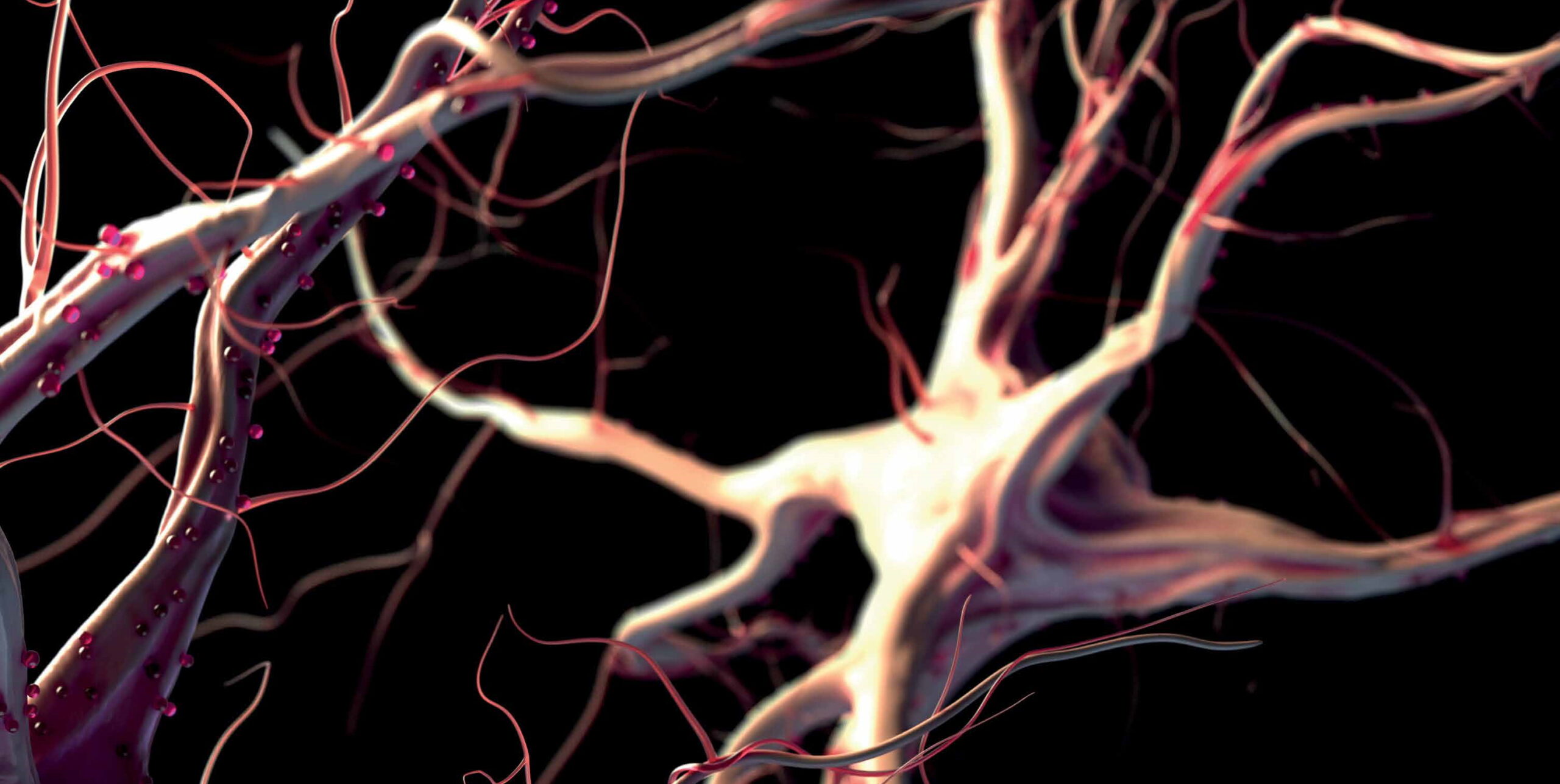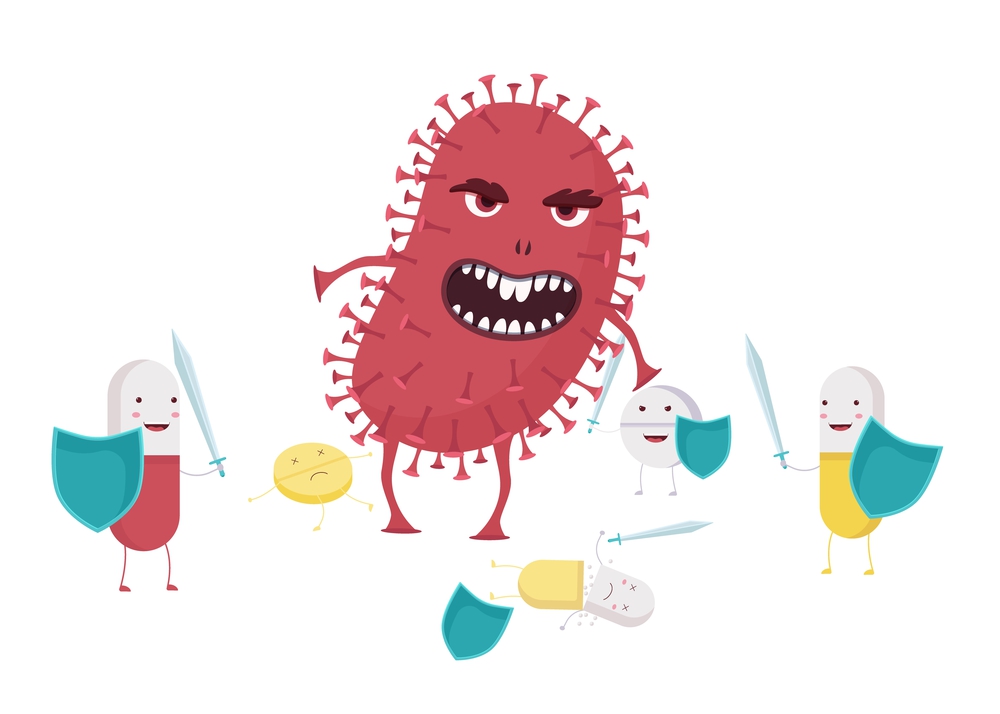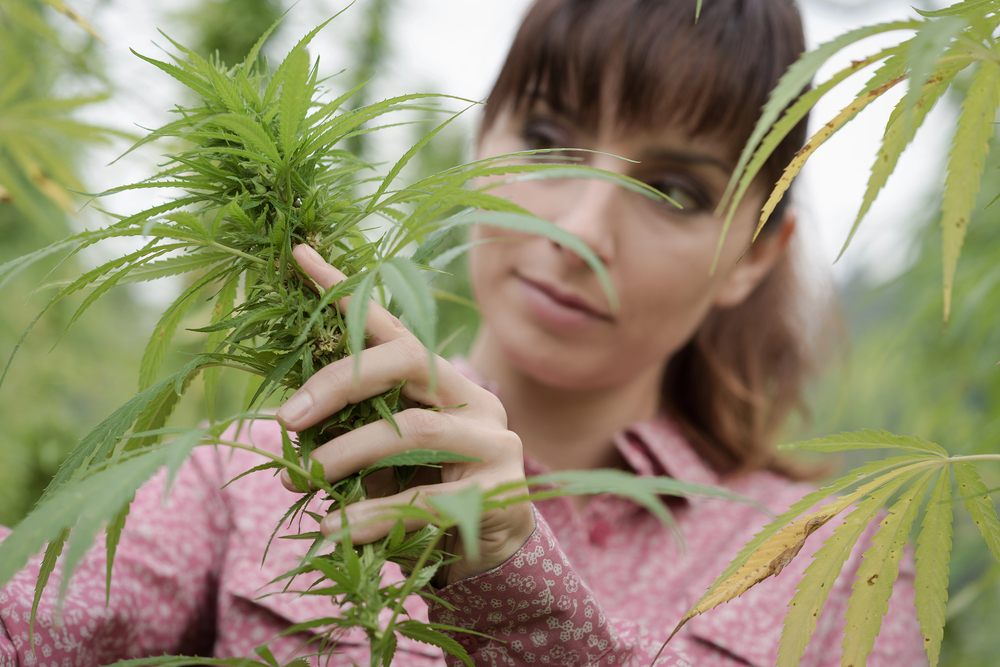Using Machine Learning to Predict Bacterial Growth According to the Media Components
About this episode
Bacterial growth depends on the complex interactions of a multitude of chemical components. Microbiologists have long attempted to predict bacterial growth according to culture media components, and have employed a variety of mathematical and computational models to this end. Dr Bei-Wen Ying and her colleagues at the University of Tsukuba, Japan, successfully applied machine learning to understand the contribution of media culture components to bacterial growth. Their work makes a significant contribution to growth prediction and demonstrates that machine learning can be employed in the exploration of the complex dynamics that regulate living systems.
Original Article Reference
This animation is a summary of https://doi.org/10.1038/s41598-019-43587-8
More episodes
Dr. Robert Kass | Beating arrhythmias with a heart in a dish
In the future, doctors will be able to create tiny replicas of your tissues in the lab, and then test them against a range of drugs, revealing exactly which treatments would work best for you before you even visit a drug store. This future of personalised medicine is driven by researchers such as Dr. Robert Kass of the Columbia University Medical Center. Kass and colleagues have pioneered the use of stem cells to develop personalized treatments for a genetic heart condition that disrupts normal heart rhythms. The researchers reprogrammed a patient’s skin cells into stem cells called induced pluripotent stem cells (or iPSCs for short), and they then induced the iPSCs to turn into heart cells. This allowed the research team to study how genetic mutations in the resulting heart cells affect the heart’s ion channels. Their research revealed that a mutation in a specific sodium channel was causing dangerous heart rhythms and that combining the drug mexiletine with a pacemaker device to increase heart rate, provided an effective and personalised treatment.
Dr James E. Goldman | Dr Osama Al-Dalahmah – Confronting the Challenge of Huntington Disease
Huntington disease (HD) is an inherited and progressive neurological disorder which is currently fatal. Dr James E. Goldman and Dr Osama Al-Dalahmah, both at Columbia University, USA, are utilising new techniques in molecular biology to better understand the brain pathology associated with HD. Their vision is to develop therapeutics that can slow the progression of the disease, and ultimately, treat and even prevent it.
Saffiatou Darboe | Rising Above Resistance: How Bacterial Research is Saving Lives in The Gambia
Antimicrobial resistance (or AMR for short) is a pressing global health challenge that poses significant risks, particularly in low- and middle-income countries. The extensive research conducted by Saffiatou Darboe of the London School of Hygiene and Tropical Medicine, The Gambia, and her colleagues, has been pivotal in understanding and addressing this issue within The Gambia and other regions in sub-Saharan Africa. This episode delves into four comprehensive studies conducted by Darboe and colleagues, shedding light on the impact of AMR, the importance of antibiograms, and specific outbreaks of resistant pathogens.
Prof. Miranda Reed | Shaping Young Minds: How Prenatal Cannabis Use Affects Brain Development
As cannabis prohibition begins to unravel across the world, cannabis use has become more common and normalised. Researchers are assessing the impact of this on vulnerable populations, such as pregnant women. Strikingly, cannabis is among the most commonly used substances during pregnancy, raising serious concerns about its effects on unborn children and the long-term consequences this could have. Prof. Miranda Reed of Auburn University, and colleagues, have assessed how cannabis exposure in the womb can affect brain development and cognitive abilities, such as memory.
This work is licensed under a Creative Commons Attribution 4.0 International License. 
What does this mean?
Share: You can copy and redistribute the material in any medium or format
Adapt: You can change, and build upon the material for any purpose, even commercially.
Credit: You must give appropriate credit, provide a link to the license, and indicate if changes were made.
Increase the impact of your research
• Good science communication helps people make informed decisions and motivates them to take appropriate and affirmative action.
• Good science communication encourages everyday people to be scientifically literate so that they can analyse the integrity and legitimacy of information.
• Good science communication encourages people into STEM-related fields of study and employment.
• Good public science communication fosters a community around research that includes both members of the public, policymakers and scientists.
• In a recent survey, 75% of people suggested they would prefer to listen to an interesting story than read it.

Step 1 Upload your science paper
Step 2 SciPod script written
Step 3 Voice audio recorded
Step 4 SciPod published




